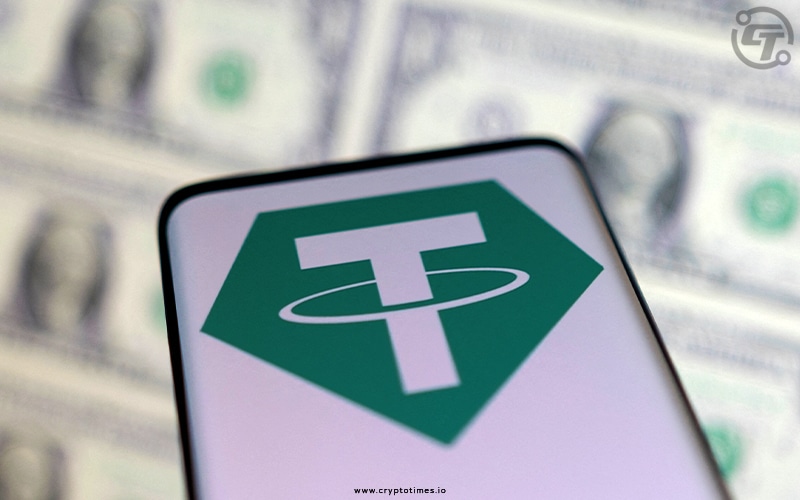TRM Labs’ investigation reveals that Tether, who has been accused of money laundering by many crypto industry experts, recorded $19.3 billion in illicit transactions in 2023, a reduction from the previous year’s $24.7 billion.
Tether continues to be associated with criminal activities, most notably terrorist financing. The report points out Layer-1 blockchains like Tron, which facilitate fast and low-cost transactions.
Among these transactions, there was a surge of 125% in terror-related transactions on the Tron blockchain. As for the source of the illicit flows, the report suggested a major role played by Tron, with such proportions reaching 45%, which is even higher than previous data.
Ethereum and Bitcoin followed, facilitating transactions for fraudulent purposes at decreasing rates of 24% and 18%, respectively. A striking difference was that the prominent stablecoin USDC was linked to a large number of illicit activities valued at $428.9 million.
Tether admitted that its operations on public blockchains maintain high transparency and traceability, which, it hopes, would help in discouraging illicit use. The company also objected to the unilateral exam-related comments.
This shows that the development of developing nations depends on USDT money. Such is in line with a wider tendency of lessening funds traceable to the crypto economy generally because of sanctions and regulations that specifically target crypto-related persons and entities.
Also Read: Fidelity Ventures into Spot Ethereum ETF with Staking Feature







